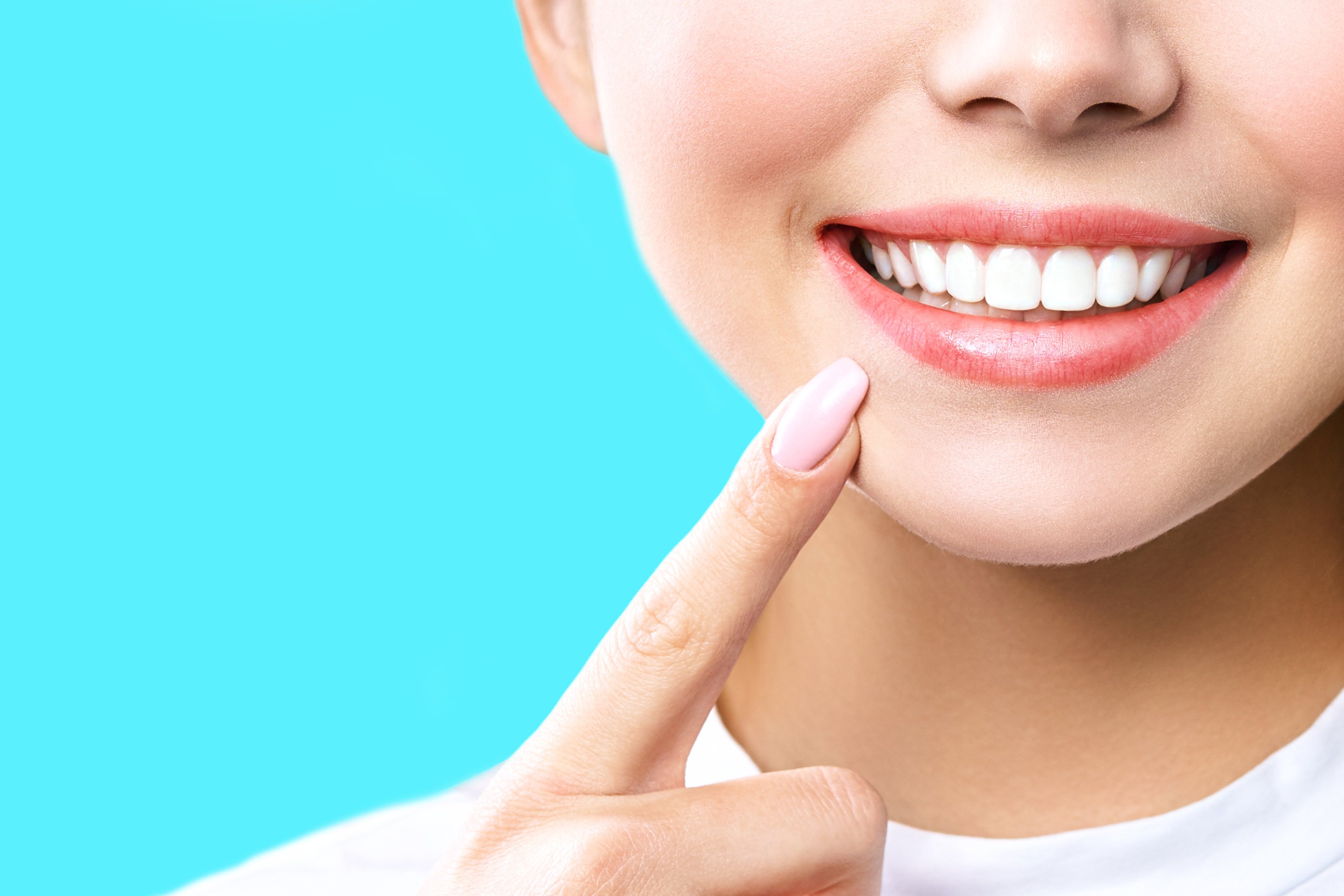Does Oil Pulling Have Health or Oral Benefits?
%20(1).jpeg)
Summarize with AI
Oil pulling is a term describing an alternative medical practice in which various types of oil are "swished" within the mouth. Practitioners claim it is capable of improving oral and whole-body health by "pulling out" supposed toxins. But does it actually work? And are there any risks associated with the practice? Here’s what you should know about oil pulling.
What Is Oil Pulling and How Does It Work?
Oil pulling is an ancient oral health practice that involves swishing a tablespoon of oil around your mouth for about 10–20 minutes, then spitting it out. The idea is that the oil “pulls” bacteria and toxins from the mouth, helping to support a healthier oral environment. While coconut oil is the most popular choice today, sesame and sunflower oils are also commonly used.
The History of Oil Pulling in Holistic Oral Care
Oil pulling dates back thousands of years as a practice in Ayurveda, the traditional Indian system of medicine. Practitioners believed swishing plant-based oils like sesame or sunflower oil could help draw out toxins and promote better health.
In recent years, oil pulling has resurfaced as part of the modern wellness movement. While some claims about its benefits, like clearer skin or better digestion, still need more research, early studies suggest it may help reduce plaque and gum inflammation. When used alongside brushing, flossing, and regular dental checkups, oil pulling might offer an extra boost to your oral hygiene routine.
Is Oil Pulling Good for Your Teeth and Gums?
Oil pulling is a gentle, low-risk addition to daily oral care. A 2022 meta-analysis of nine randomized controlled trials found that it can significantly reduce salivary bacterial counts compared to controls, though it showed no meaningful change in plaque or gum inflammation scores
More recently, a rigorous study from Austria in early 2025 tracked 40 individuals practicing daily sesame oil pulling for eight weeks. Results showed significantly greater plaque reduction with oil pulling versus distilled water, especially across the front, buccal, and lingual surfaces, but no significant improvement in gingival bleeding or bacterial measures
Oil pulling should never replace foundational care. Instead, it can serve as a supplemental routine if you’re looking for a natural, calming ritual. Brushing with fluoride toothpaste, flossing daily, and regular dental checkups remain the gold standard for preventing cavities and gum disease. Used alongside these, oil pulling may offer a modest benefit, especially in reducing certain oral bacteria.
|
Practice |
Effectiveness on Plaque & Gingivitis |
Usefulness |
|
Brushing + Flossing |
High – removes ~80% of plaque; prevents gingivitis |
Essential daily foundation |
|
Mouthwash |
Proven strong effectiveness on plaque & gingivitis |
Clinical-grade adjunct; possible side effects (e.g. staining, taste) |
|
Oil Pulling (coconut/sesame) |
Moderate plaque reduction in some trials; inconsistent gingivitis results |
Gentle, optional supplement—not a replacement |
Can Oil Pulling Replace Brushing and Flossing?
We always stress that oil pulling should never replace brushing, flossing, or regular dental checkups. Think of it like trying to clean a bathtub by swishing water around—it might loosen some dirt, but it won’t fully remove mineral buildup. While oil pulling may reduce some oral bacteria or delay plaque formation, it lacks the mechanical action needed to thoroughly clean teeth and gums.
If you choose to add coconut or sesame oil rinsing to your routine, view it as a supplementary ritual only, not a replacement. The most effective way to keep your smile healthy remains old-fashioned daily brushing and flossing, supported by your dental visits.
Is Oil Pulling Safe? What to Know Before You Try It
Oil pulling is generally safe for most people, but it’s essential to understand its limitations and risks. The American Dental Association does not currently endorse oil pulling due to limited peer-reviewed evidence supporting its effectiveness. In contrast, the benefits of traditional oral care are well-established and strongly supported by decades of research.
Best Practices Before You Begin:
- Talk to your dentist to ensure oil pulling is appropriate for your oral health needs.
- Use organic, food-grade oil from a reputable brand.
- Swish for 10–20 minutes in the morning on an empty stomach, then spit into the trash (not the sink).
- Always follow up with your regular brushing and flossing routine.
Potential Benefits (When Used Alongside Daily Oral Care):
- May reduce harmful oral bacteria
- Can help freshen breath
- Might reduce plaque buildup and gum inflammation
- Offers a natural, gentle addition to your wellness routine
Curious About Oil Pulling? Let’s Talk Prevention That Works
At Gentle Dental, we’re all about combining time-tested care with patient curiosity. If you’re exploring oil pulling, your dental team is here to guide you, so don’t hesitate to ask at your next visit!
.png)

